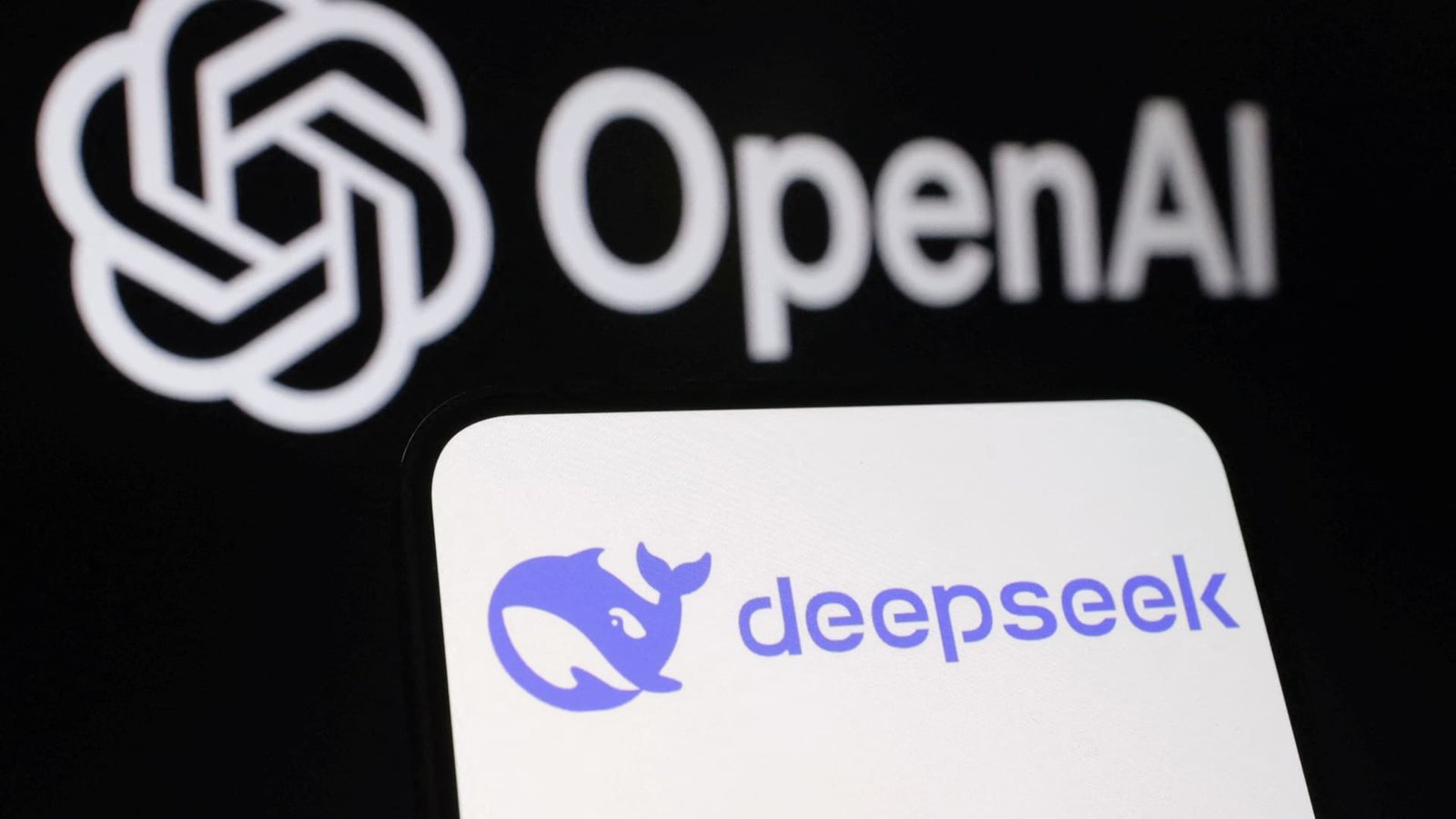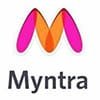Artificial Intelligence (AI) has revolutionized the way we interact with technology, especially in the realm of natural language processing (NLP) and conversational AI. Two prominent players in this space are DeepSeek and ChatGPT. While both excel at generating human-like text and assisting with a variety of tasks, there are key differences in their functionality, use cases, and performance. In this blog post, we’ll compare DeepSeek and ChatGPT to help you understand which model might be the best fit for your needs.
What is DeepSeek?
DeepSeek is an advanced AI model focused on information retrieval and contextual understanding. Unlike traditional conversational AI models, DeepSeek is designed specifically for tasks that require deep insights, research capabilities, and unparalleled precision in retrieving relevant data. It’s often employed in industries where data analysis, search optimization, and research-driven tasks are critical.
Key features of DeepSeek:
- Specializes in information retrieval and search tasks.
- Provides highly contextualized answers, even for complex or niche queries.
- Excels in analyzing large databases or datasets for insights.
- Typically used in industries like research, legal, medical, and enterprise-level knowledge management.
Strengths:
- High precision in domain-specific tasks.
- Ability to sift through massive amounts of data efficiently.
- More suitable for research-heavy environments.
What is ChatGPT?
ChatGPT, developed by OpenAI, is a state-of-the-art conversational AI model designed to assist with a wide variety of tasks. From generating creative content to answering questions, summarizing information, and writing code, ChatGPT is a versatile tool that shines in general-purpose conversational AI applications.
Key features of ChatGPT:
- A general-purpose conversational assistant.
- Provides human-like responses for a wide range of questions and tasks.
- Capable of writing essays, solving coding problems, and more.
- Frequently updated and fine-tuned for better understanding and contextual accuracy.
Strengths:
- Versatile and user-friendly for both businesses and individuals.
- Strong support for creative tasks like content creation, storytelling, and brainstorming.
- Integrates easily into applications for customer support, education, and personal assistance.
DeepSeek vs. ChatGPT: Key Differences
Here’s the data formatted into a clean table for review. Let me know if you’d like me to generate this as an Excel or PDF file:
| Feature | DeepSeek | ChatGPT |
|---|---|---|
| Primary Focus | Information retrieval and research tasks | General-purpose conversational AI |
| Use Cases | Research, data analysis, niche industries | Content creation, casual use, coding help |
| Depth of Contextual Understanding | High for specific domains | Moderate for general tasks |
| Precision | Designed for high-precision responses | Balanced between precision and creativity |
| User Base | Professionals in specialized fields | General users, businesses, and educators |
DeepSeek: Best Suited For…
If your primary focus is retrieving precise information or conducting research in a specialized domain, DeepSeek is likely a better choice. For example:
- A legal professional searching for case law and relevant precedents.
- A medical researcher looking for studies and clinical trial data.
- A data analyst requires precise insights from large databases.
DeepSeek excels in environments where accuracy and context-specific insights are non-negotiable.
ChatGPT: Best Suited For…
ChatGPT is a highly flexible AI assistant, ideal for everyday use and creative problem-solving. Here’s when ChatGPT shines:
- Writing blog posts, stories, or marketing copy.
- Assisting students with homework or summarizing study materials.
- Helping developers debug code or brainstorm ideas.
- Acting as a virtual assistant for casual conversations or customer support.
Its user-friendly nature and adaptability make it a favorite for small businesses, educators, and individuals with diverse needs.
Which One Should You Choose?
The choice between DeepSeek and ChatGPT boils down to your specific use case. Here’s a quick guide:
- Choose DeepSeek if you need an AI tool for data retrieval, research, or specialized tasks requiring high precision and domain expertise.
- Choose ChatGPT if you’re looking for a versatile AI assistant to handle creative, conversational, or general-purpose tasks.
For businesses or individuals who value precision over versatility, DeepSeek is the better option. On the other hand, if flexibility and ease of use are more important, ChatGPT is the ideal choice.
Conclusion
Both DeepSeek and ChatGPT are powerful tools in the AI landscape, but they cater to different audiences and needs. While DeepSeek is a niche model designed for targeted, high-precision tasks, ChatGPT offers a broader range of capabilities for everyday use.Whether you’re a researcher diving into complex datasets or a content creator brainstorming new ideas, there’s a solution for you. The decision ultimately depends on your goals, industry, and the type of tasks you need assistance with.Have you tried either of these AI models? Let us know in the comments which one you find more helpful for your work and why!
FAQ: DeepSeek vs. ChatGPT
1. What is the main purpose of DeepSeek?
DeepSeek is primarily designed for information retrieval and contextual understanding. It excels in providing precise responses for specialized and research-driven tasks, making it ideal for professionals in legal, medical, and academic fields.
2. What kind of tasks is ChatGPT best suited for?
ChatGPT is a versatile conversational AI that can assist with a variety of tasks, including:
- Writing and editing content.
- Answering general knowledge questions.
- Providing coding assistance and debugging help.
- Engaging in casual conversation and customer support.
3. Can I use DeepSeek for casual conversations?
While you can attempt to use DeepSeek for casual conversations, it is not optimized for that purpose. Its strength lies in research and data analysis, so for casual dialogue, ChatGPT would be the preferable choice.
4. How do the accuracy levels compare between DeepSeek and ChatGPT?
DeepSeek generally provides higher accuracy for domain-specific inquiries due to its focus on precise information retrieval. In contrast, ChatGPT balances accuracy with creativity, making it suitable for general tasks but potentially less precise for specialized queries.
5. Are there any industries that benefit more from using DeepSeek?
Yes! Industries that particularly benefit from DeepSeek include:
- Legal (case law and precedent research)
- Medical (clinical studies and trial data)
- Academia (scholarly research and data analysis)
- Finance (market research and financial data retrieval)
6. Is ChatGPT capable of generating creative content?
Absolutely! ChatGPT is well-equipped to handle creative tasks, including:
- Writing stories, poems, or articles.
- Brainstorming ideas for marketing campaigns.
- Generating engaging social media content.
7. Which model is better for businesses?
The choice depends on the business’s needs:
- DeepSeek is better for businesses that require specialized data analysis and in-depth research capabilities.
- ChatGPT is more suitable for businesses that need a general-purpose assistant for content creation, customer interaction, and problem-solving.
8. Can I integrate these AI models into my applications?
Yes, both DeepSeek and ChatGPT can be integrated into applications via APIs, allowing businesses to leverage their capabilities within their platforms. This enables functionalities like chatbots, virtual assistants, and research tools.
9. How can I decide which AI model to use?
Consider your primary needs:
- If you need high precision and are focused on specific domains, go for DeepSeek.
- If you need a flexible assistant for various tasks, including creative and conversational ones, choose ChatGPT.
10. Are there any cost differences between using DeepSeek and ChatGPT?
Pricing can vary based on the specific application and usage. Generally, costs will depend on the service provider and the level of integration required. It’s best to check the official websites for the most accurate and up-to-date pricing information.










